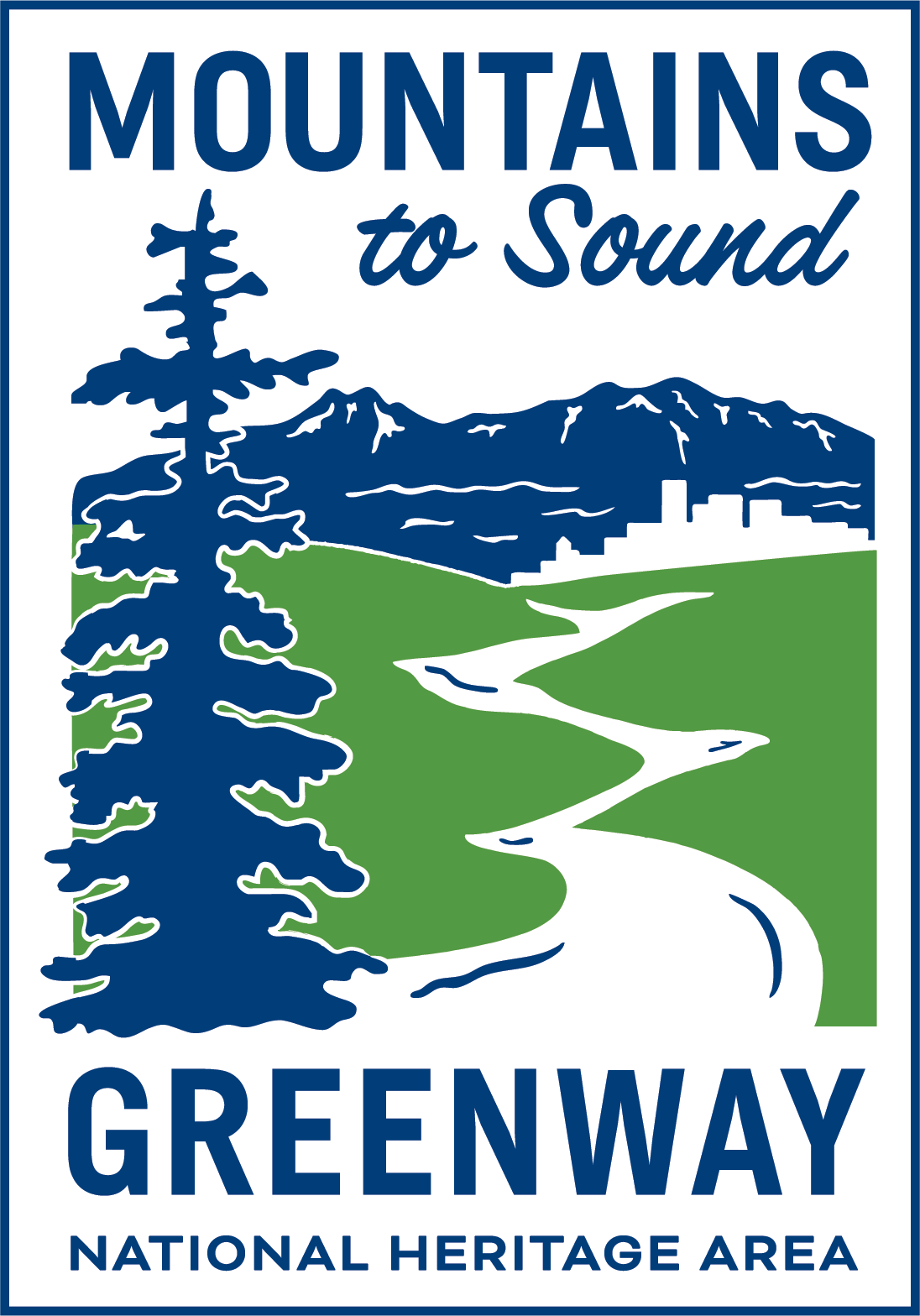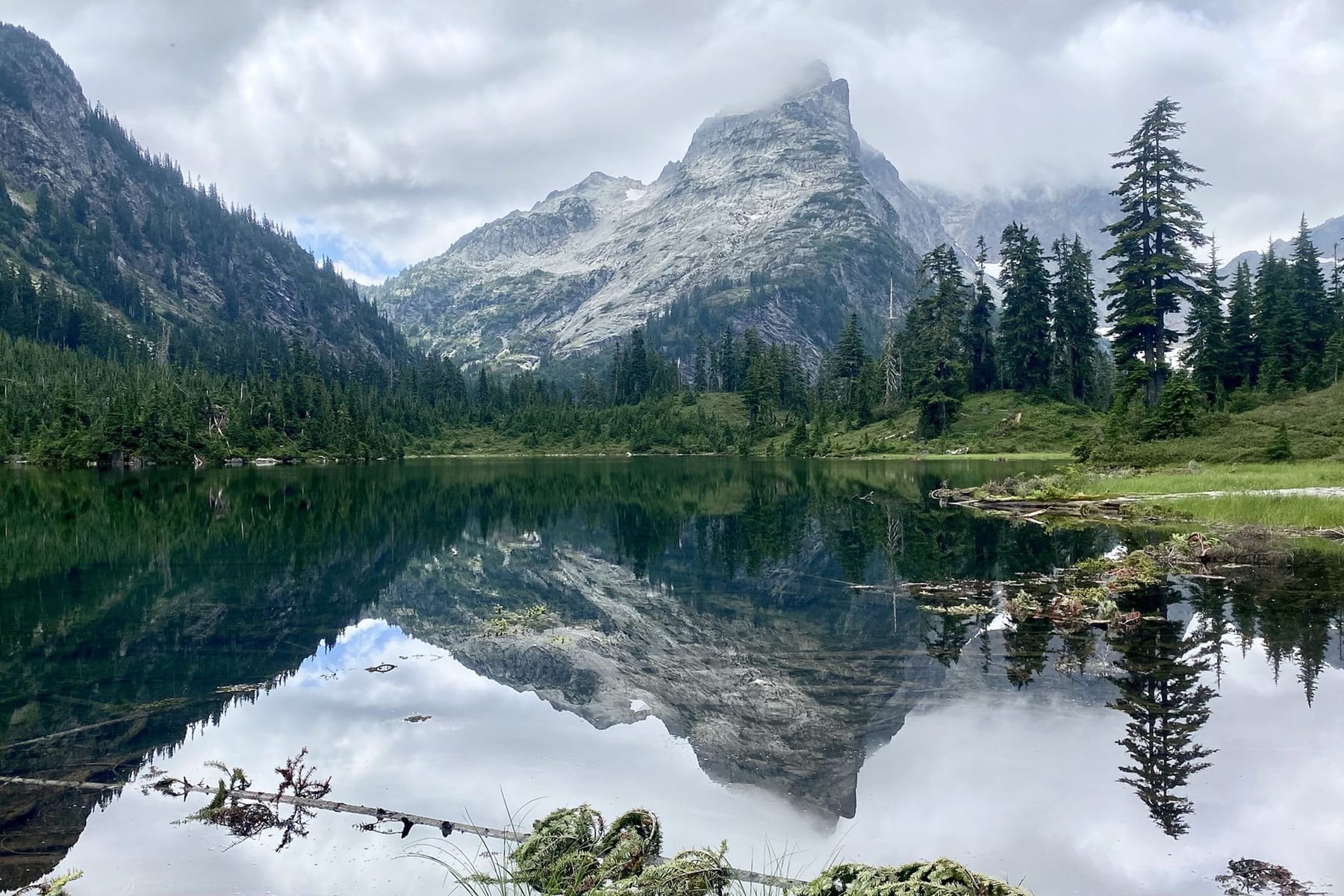Legislative Priorities 2022
From Ellensburg to Seattle, the Greenway encompasses spectacular public lands, productive working farms and forests, opportunities for outdoor recreation, and vibrant communities with strong economies. Through advocating local, state and federal action, we can preserve this natural legacy for future generations. The Greenway Trust collaborates with public land management agencies, conservation groups, citizen volunteers and businesses to advocate for the health and accessibility of our parks, forests, and waterways. Our public lands require adequate funding to manage these special places in order to connect natural lands, restore critical ecosystems, and maintain existing trails and facilities. Here are some priorities across the Greenway this year.
Conservation Futures: Clarify County Authority over County Conservation Futures Levy, H.B. 1672
For 50 years, Washington’s landmark Conservation Futures program has helped permanently protect forests, farmland, parks and natural areas, including iconic places in the Mountains to Sound Greenway including Meadowbrook Farm, Rattlesnake Mountain, farmlands near Carnation, streambanks and hillsides in the Issaquah Alps, and so many more.
Conservation Futures must keep pace with the rising costs of preserving and expanding access to nature and open space for everyone in Washington. 14 counties in Washington State – including King County – have adopted the Conservation Futures Levy to fund local open space, parks, trails, farmland, and forestland projects. Currently, a limit on the levy growth constrains the growth of Conservation Futures funds.
The Greenway Trust strongly supports this clarifying legislation to restore local control so counties can establish the levy rate and fully utilize this important conservation funding source.
Maintenance and Operations: Washington State Parks, Department of Natural Resources, Department of Fish and Wildlife
While public lands across the state provide some of the best and most beautiful opportunities to access the outdoors across the nation, the need for maintenance funding to mitigate damage to public lands and protect the ecological health of our waterways has never been more necessary. Washington Trails Association is leading the effort to request $15 million dollars in operating funds annually to Washington State Parks, Washington State Department of Natural Resources and Washington State Department of Fish and Wildlife to help reduce the maintenance backlog on state parks and lands, with $5 million going to each of the three agencies. This request takes a first step in addressing the maintenance and operations shortfall in order to protect public lands and waters.
Learn more from Washington Trails Association
Washington State Parks: Palouse to Cascades State Park Trail
Palouse to Cascades State Park Trail, the east-west, cross-state trail that runs through much of the Mountains to Sound Greenway and serves as part of the Great American Rail-Trail across the country, continues to need significant improvements and maintenance.
- Crab Creek Trestle East repair: Washington State Parks is requesting $2 million in the 2022 supplemental legislative session to repair historic railway trestle destroyed by wildfire.
- We encourage funding for restoration of the historic Kittitas Depot which could provide interpretation and visitor services for trail users and families, conveniently located near small businesses in downtown Kittitas. This depot’s potential to showcase history, provide badly needed services, and bring new life to local businesses should make it a natural choice for the State Parks 2023 capital projects state budget request.
- Boylston Tunnel repair: State Parks estimates $3.4 million is needed to repair the historic Boylston Tunnel, located on the trail in the Army’s Yakima Training Center. Other tunnels at Snoqualmie Pass and along the Yakima River have been similarly restored. The unsafe tunnel represents a major obstacle to a completed route from Seattle to the Columbia River, which is also part of the cross-country Great American Rail-Trail route. We support federal infrastructure funding to fill this gap and leverage state funds to continue to improve this cross-state trail.
Read more from Washington Bikes and the Palouse to Cascades Trail Coalition about progress to connect this iconic trail.
Washington State Department of Natural Resources: Recreation Education, Enforcement and Safety ($3.2 million)
COVID-19 has encouraged more people than ever to seek respite in the outdoors. Many of these first-time visitors do not know how to recreate safely, or what types of activities are allowed. Additional funding for Education and Enforcement staff will help DNR reduce fire risks in camping areas, prevent damage to sensitive wildlife habitat, maintain backcountry access on the Green Dot Road system, and better respond to questions from the public. We ask that the legislature see fit to provide DNR with the fiscal resources they need to protect our natural resources.
Reinstatement of the Trust Land Transfer Program
We strongly support reinstatement of Trust Land Transfer to accomplish DNR’s conservation goals. Since 1989, the Washington State Department of Natural Resources’ Trust Land Transfer Program has enabled the State of Washington to spend more than $800 million to protect about 128,000 acres of state public lands for wildlife habitat, outdoor recreation, and other public benefits. But this vital program is at risk of being overlooked in this difficult budget year.
Join Conservation Northwest to sign on in support of funding for Trust Land Transfer program
Video: Support Trust Land Transfer
Washington State Department of Natural Resources: Keep Washington Evergreen
With proposed legislation Keep Washington Evergreen, the Washington State Department of Natural Resources (DNR) seeks to conserve 1 million acres of working forestland and restore another million acres of forestland including urban tree canopy and recently burned forests by 2040. Healthy, resilient and accessible forests promote ecological and human health and are one way to mitigate climate change.
Washington State Transportation: Major investment needed in transportation infrastructure
We strongly encourage the Washington State Legislature to make long-term investments in the state’s bridges, roads, transit, and other critical infrastructure which will be buoyed by federal infrastructure spending.
In the Mountains to Sound Greenway, we express special support for:
- State Route 18 widening – WSDOT has proposed $640 million in public safety and ecological improvements that will widen State Route 18 to two lanes each direction plus a median barrier between Snoqualmie and Maple Valley for safety and mobility, as well as ensure fish passage through numerous culverts and wildlife passage under the highway.
WSDOT SR18 widening project page - Mountains to Sound Greenway Trail, City of Bellevue, $6.9 million for next segment of construction from 142nd Place SE to 150th SE, including a 12-foot wide pedestrian and bicycle path, new walls and crosswalk. This state funding will match the $27 million in commitments from local, state, and federal sources to construct the next segment of this east-west trail.
Bellevue – Mountains to Sound Greenway Trail project page - Eastrail, Bellevue $18M ($10M I-90 Steel Bridge; $5.5M Wilburton Trestle; $2.5M for Wilburton Trail Segment); Eastrail Corridor South $6M (Gene Coulon Extension Acquisition); Eastrail SR202, Woodinville $5M (improvements where the Eastrail crosses SR202, enabling completion of the Eastrail to the Snohomish County line)
Learn more from Eastrail Partners
2022 legislative priorities from coalition partner organizations:
Salmon recovery and Puget Sound Watershed Health
- Snoqualmie Watershed Forum Partners (WRIA 7)
- Lake Washington/Cedar/Sammamish Watershed Partners (WRIA 8)
- Green/Duwamish and Central Puget Sound Watershed Partners (WRIA 9)
Climate Science and Outdoor Education
- Governor Inslee proposes $52 million to expand outdoor education to ensure all fifth and sixth grade students will have the chance to experience the outdoors for study of environmental and earth science while learning to care for the natural world.
- The Governor’s budget also proposes $2 million to the Office of the Superintendent of Public Instruction to integrate climate change content in state learning standard and develop curriculum resources that span disciplines and grade levels.
Washington Wildlife and Recreation Coalition, lead advocate for the Washington Wildlife and Recreation Program and other key funding and policy proposals across the state
Washington Association of Land Trusts, land conservation across the state’s communities
Washington Trails Association – supporting maintenance funding for parks and recreation, equity in the outdoors through career pathways
Washington Recreation and Park Association – supporting maintenance funding for parks across the state
Eastrail Partners, supporting continued progress to fully connect the Eastrail
Washington Bikes, supporting active transportation
The Nature Conservancy, habitat conservation in Washington
The Mountaineers, supporting Keep Washington Evergreen forest conservation





